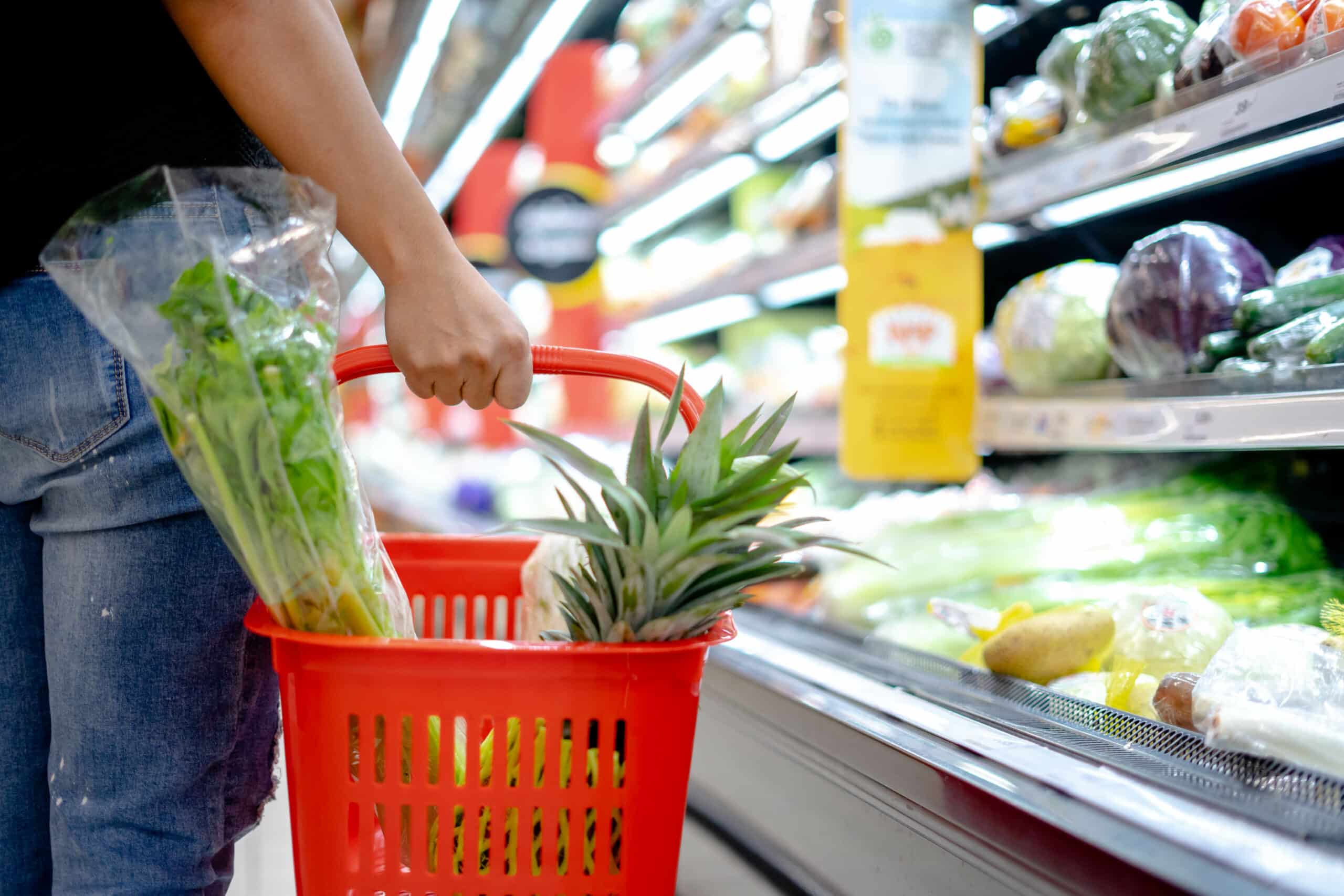Food products and processing systems are a testament to human innovation. From the rudimentary and ingenious methods of ancient civilisations to the cutting-edge technologies of today, the journey of food products and processing systems is marked by continuous evolution. Their story not only reflects our adaptive spirit but also underscores the critical challenges of ensuring food safety, maintaining nutritional integrity, and achieving sustainability in our global food supply.
The genesis of food products and processing systems
Long before the term “food processing” conjured images of industrial lines and automated machinery, early humans were using fire to transform raw meats and vegetables into cooked meals. The first evidence of food processing dates to Homo habilis which lived between 2.4 and 1.4 million years ago. The ancient preservation techniques such as drying, smoking, and salting initiated during the Stone Age more than 1.5 million years ago not only extended the shelf life of food and marked the beginning of the culinary arts.
With the rise of the first civilisations, these practices evolved. The advent of agriculture in regions like Mesopotamia and ancient Egypt around 9600 BC led to advancements like fermenting and pickling that would later shape the future of food storage and distribution. These innovations enabled societies to sustain larger populations and begin the shift from local subsistence to a system that would eventually support the demands of urban centres.
Incredibly, many of the food products and beverages that we enjoy today date back thousands of years. The simple and ubiquitous loaf of bread dates back approximately 30,000 years when early Europeans ground cattails and ferns into flour, combined with water and then baked.
Beer, which some suggest originated as a by-product of bread making, dates back as early as 7000 BC. The earliest evidence for cheese making comes from 7,000-year-old archaeological sites in Poland. Jiang, the precursor of flavourings such as miso and soy sauce, dates to 1000 BC, while noodles and pasta arose in China around 2,000 years ago and spread west from there.
Industrial Age: Revolutionising food products and processing systems
The changes brought about by the Industrial Revolution and innovations such as crop rotation, where farmers alternated the crops grown in a specific field each season, preventing soil depletion and enhancing fertility, advanced food production exponentially. Prior to this, food production was a local affair. Harvests from nearby fields supplying the community and surpluses being reserved for future planting. But as urbanisation intensified, technological advancements like the steamship and telegraph expanded global trade, changing the way people approached food consumption and distribution.
The emergence of pasteurisation and canning during this time was revolutionary, providing safer and longer-lasting foods, forever altering the food industry landscape. The work of Louis Pasteur in the 1860s on pasteurisation extended the shelf life of many perishable food products, particularly milk, without sacrificing nutritional quality or taste. The 19th century saw innovators such as Nicolas Appert and Peter Durand invent innovative new tin canning methods, which would later prove indispensable during wartime.
The 20th century: Key advances in food products and processing systems
The 20th century witnessed significant advancements for food products and processing systems. These advances in technology, science, and production techniques have dramatically reshaped the food industry. Some of the more notable examples include:
- The innovation of flash freezing, which revolutionised food preservation. This technique – inspired by Clarence Birdseye’s observations of Inuits’ instant freezing methods – preserves the integrity and nutritional value of raw foods and is essential in supplying high-quality frozen foods.
- The invention of spray-drying by Samuel Percy was popularised during World War II. This process is a method where a liquid is transformed into a dry powder by being sprayed into a hot medium. It became essential in producing milk powder for military use and has since evolved to create a variety of instant products, including fruit and vegetable powders, coffee, tea, and encapsulated flavours.
- Freeze-drying, developed at the turn of the 20th century, involves the rapid freezing of food before the moisture is removed through sublimation. It has subsequently led to a freeze-dried product market now valued in excess of $80 billion.
- Genetically Modified Organisms (GMOs) revolutionised agriculture in the late 20th century. Engineered to enhance yield, resist pests, and adapt to diverse climates, GMOs play a crucial role in global food security. Their impact extends to food processing, contributing to improved nutrition and longer shelf life, though debates about safety and ethics in this growing industry are ongoing.
Together these innovations ushered in the age of frozen dinners, instant foods, and a myriad of baking mixes. They made it easier to package different types of foods and keep them on the shelf for longer. New ingredients such as artificial sweeteners, colours, and preservatives have helped to make preserved foods more palatable, and the development of home appliances like electric ovens and microwave have simplified the process of preparing these meals.
It is also worth noting that in the early-to-mid 20th century, industrialised nations intensified food production with the aid high-yielding varieties (HYVs) of agricultural crops, pesticides, controlled irrigation, and chemical fertilisers. These innovations dramatically increased and standardised crop yields. The introduction of nitrogen fertilisers, in particular, amplified yields far beyond traditional methods.
The modern era: Striving for sustainable solutions
The equipment used in food products and processing systems today is very different from the simple tools of our ancestors, with cutting-edge technology now driving the industry. However, there are increasing concerns over their long-term impacts. Issues such as environmental sustainability, ethical sourcing, and the use of renewable energy sources are now essential to the progress of the food and agribusiness industries. Companies are not only looking to innovate in terms of productivity and safety but also in their impact on the planet and society, aligning with consumer demands for transparency and responsibility in the food supply chain.
Today, food products and processing systems have become more complex and globalised. Food products have transcended sustenance to become objects of great economic and political consequence. Food safety and sustainability concerns have risen to prominence as food products and processes become more complex.
Regulations such as Regulation (EC) No 178/2002 in Europe and the Food Safety and Modernization Act in the United States of America reflect ongoing efforts to improve the nutritional quality of processed foods and prevent foodborne illnesses. While sustainability legislation such as the farm to fork strategy and the Regulation on deforestation-free product aim to ensure that the food supply chain becomes more environmentally responsible and helps to combat climate change by enforcing sustainable practices all the way from production to consumption.
But the evolution of food products and processing systems is not just a story of innovation and technological triumphs; it is a narrative that calls attention to our relationship with food. It urges us to balance the efficiency and convenience of global food production with the sustainability and resilience of our environment. Although we benefit from the affordability and variety that this global system provides, there is a growing awareness of the need to balance efficiency with sustainability. The history of food processing reminds us of the importance of developing food products and processes that respect our health, our society, and our planet.
Food products and processing systems
Food products and processing systems continue to evolve, with relentless innovation driving the industry toward more efficient, productive, and cost-effective strategies. At Farrelly Mitchell, our consultants act as trusted partners to businesses in this sector who are seeking operations improvement and a competitive and commercial advantage.
Our experts support clients at all stages of the supply chain, offering key insights into market trends, new technologies, and emerging policy and regulation that may shape the future of food and agribusiness. Moreover, we offer comprehensive sustainability and ESG consulting to businesses looking to transition towards more sustainable, ethical, and environmentally responsible practices. To learn more about our services and transform your business’ future, contact our team today.














